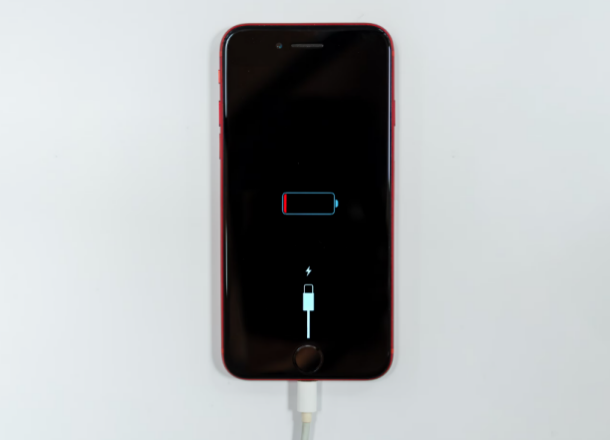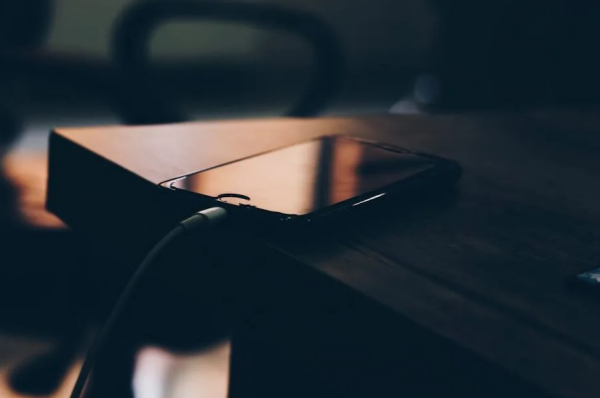The Digital Pulse: Why a Low Phone Battery Sparks Modern Anxiety
The familiar sight of a dwindling phone battery percentage is, for many, more than just an inconvenience; it's a modern anxiety trigger. While perhaps not ranking alongside truly dire emergencies, that digital countdown can send a surprising jolt of panic through us. It turns out that this isn't just a personal quirk, but a widespread phenomenon – in the US, the average person starts feeling uneasy when their phone battery dips to 38%. This is notably higher than the standard 20% low battery warning on most devices. Intriguingly, nearly a quarter of Americans worry before even hitting 50%, while others hold out until it drops below 10%. Younger users, perhaps having never known a world without ubiquitous smartphones, are particularly prone to this "low battery anxiety," fearing disconnection from their constantly connected lives.

But why does this little icon hold such sway over our emotional state? Low battery anxiety, while not a clinically defined illness, is a very real psychological phenomenon rooted in our deep integration with these devices.
One powerful explanation lies within our brain's intricate "reward circuit". This complex system, involving structures like the striatum and prefrontal cortex, processes pleasure and motivation. A key player is dopamine, often dubbed the "happy substance". Every notification, like, or message acts like a tiny hit of dopamine, activating this circuit and creating feelings of pleasure and satisfaction. When your phone is fully charged, this flow feels abundant, like having a well-stocked personal entertainment and connection hub. But as the battery drains, it's as if this crucial supply line is being cut off, triggering an internal "anxiety alarm" in the brain. It’s like being at an all-you-can-eat buffet of digital delights, only to see the lights flickering and knowing the power is about to go out.

Beyond the biochemical, the phone has become an extension of ourselves, performing core life functions from payments to navigation and social interaction. A dead phone isn't just a silent gadget; it's losing access to your wallet, your map, and your voice. This potential loss of control over essential daily tasks breeds a "survival dilemma". Researchers like Yildirim in 2015 identified four key needs that power this anxiety when severed: the need for communication, connection with others, access to information, and the enjoyment of convenient services. Low battery isn't just low power; it's the visible countdown to losing your grip on these fundamental modern needs.
Furthermore, the fear of disconnection is a significant driver. In our hyper-connected age, the phone is the primary link to social circles, family, and the wider world. A decreasing battery is a stark reminder of potentially missing messages or important updates. That shrinking percentage isn't just about power; it's a visual representation of a deeper fear: the fear of being overlooked or "forgotten" by others and the world around us. It’s like being in a vast digital ballroom, and watching your only ride home – your phone – lose power, leaving you stranded and out of touch.
So, how do we navigate this peculiar modern stressor? Part of the solution lies in simply managing the device itself, regaining a sense of control over its power source. Understanding how to properly charge your phone can mitigate fast battery drain, a common anxiety source. Avoid letting the battery die completely, as deep discharge ages the battery faster. Heavy usage like gaming while charging can also degrade the battery quicker due to heat. Always opt for reliable, preferably original, chargers. Simple battery-saving tips can also help: adjusting screen brightness, disabling non-essential features like GPS, Bluetooth, or unnecessary notifications, and utilizing built-in battery saver modes.

Ultimately, low battery anxiety highlights our profound reliance on technology. While we depend on our phones, becoming mindful of charging habits and usage isn't just about extending battery life; it's about reducing a source of modern stress and ensuring our digital lifeline is there when we truly need it, without constant worry. It’s about finding a healthier balance in our increasingly connected lives.
(Writer:Laurro)





